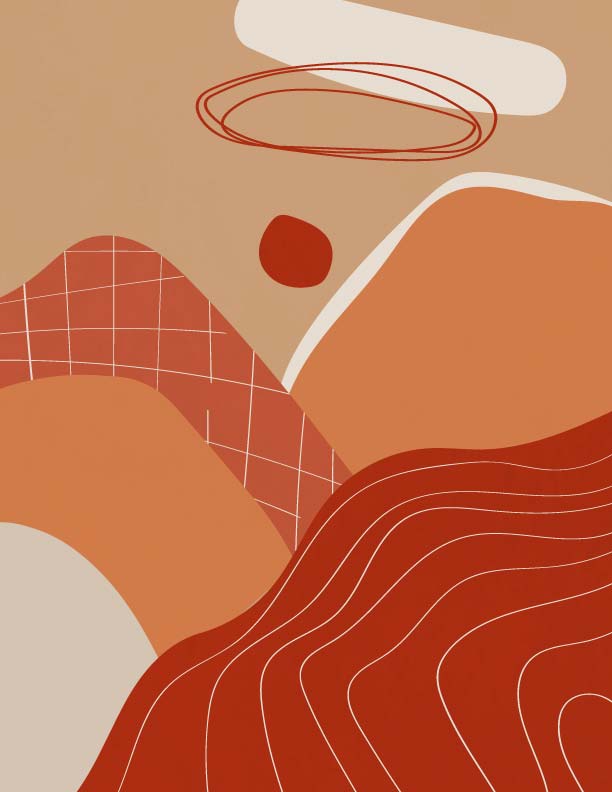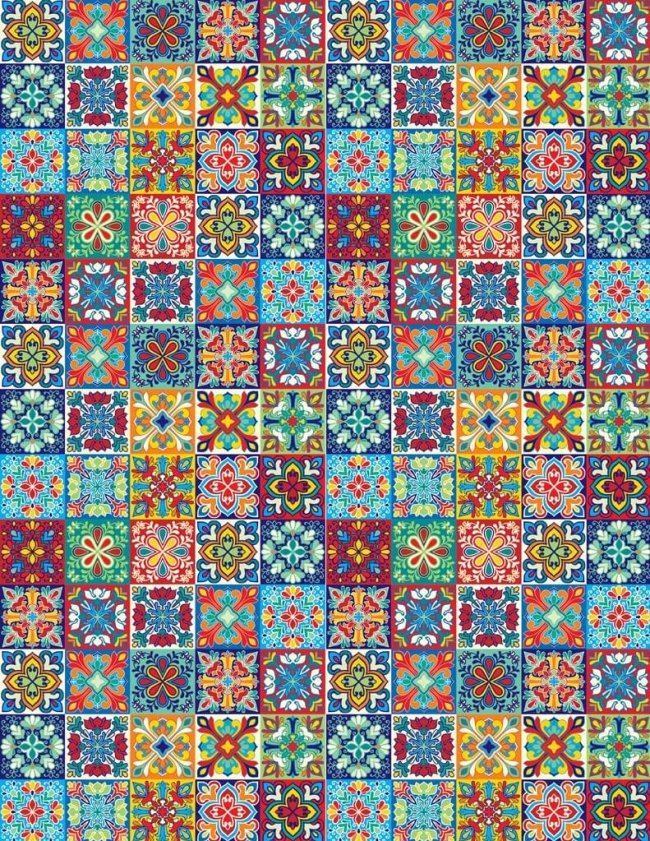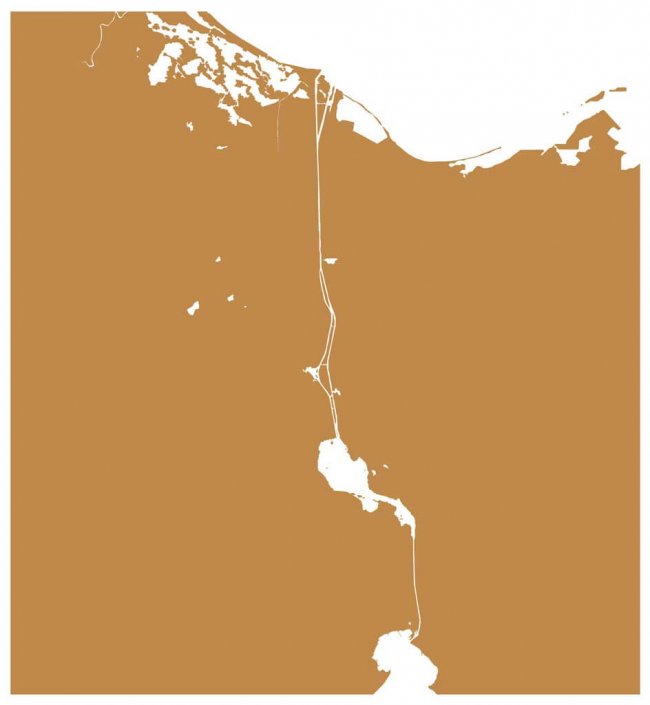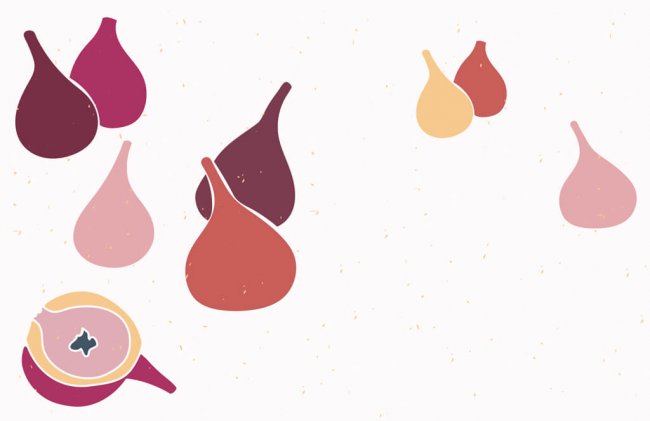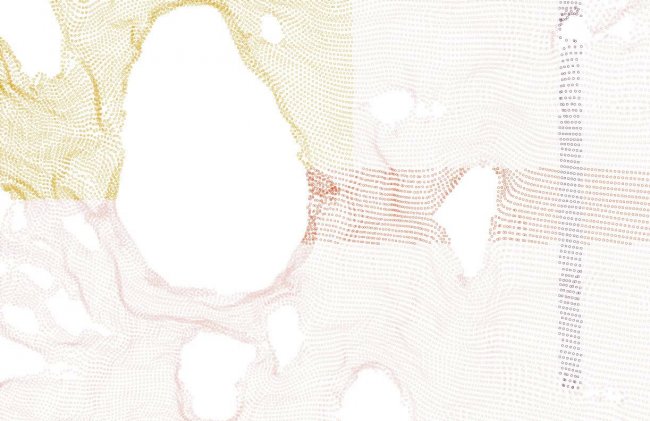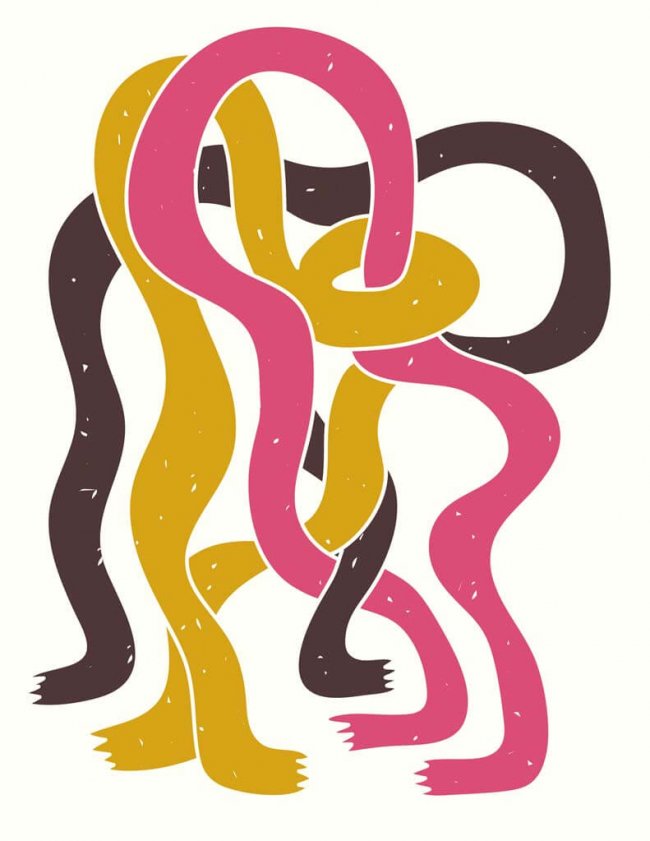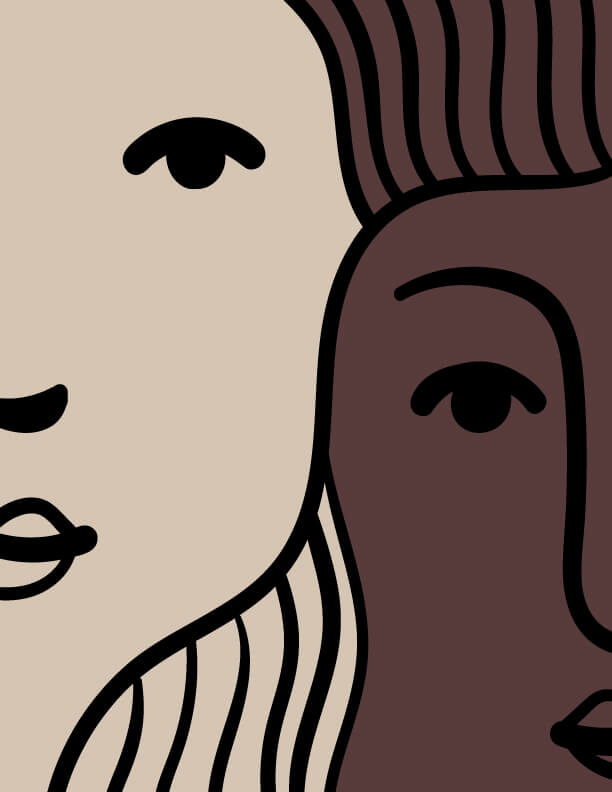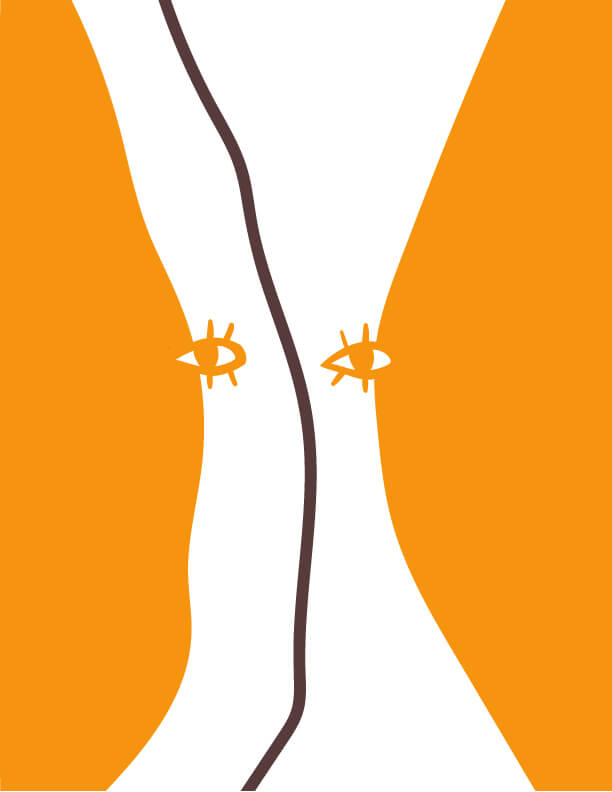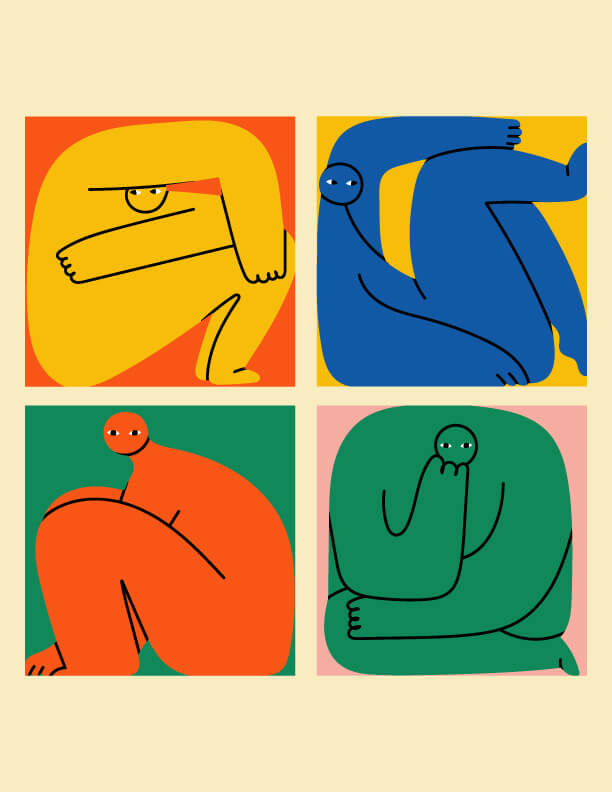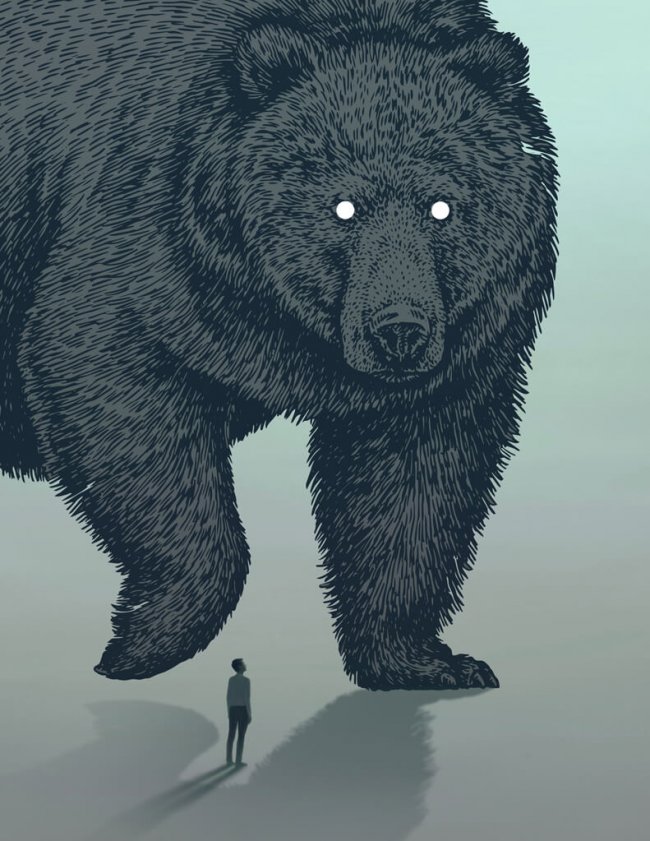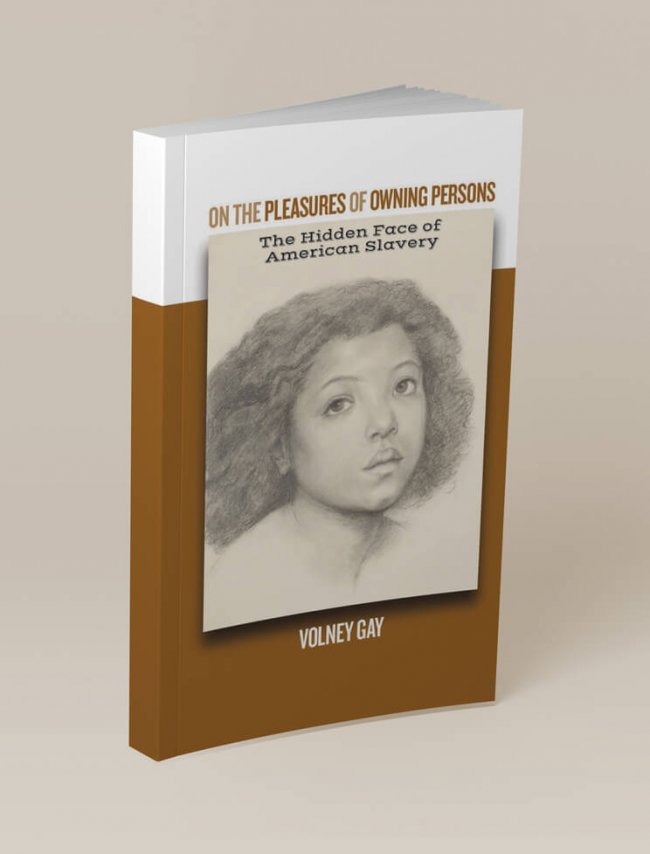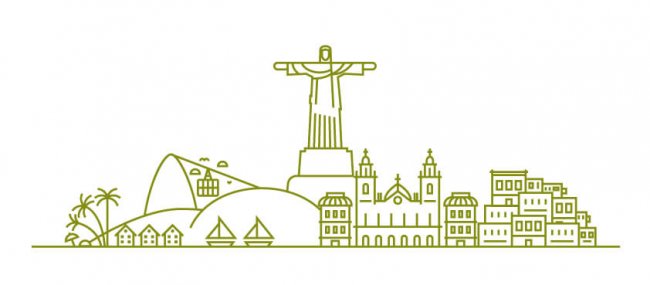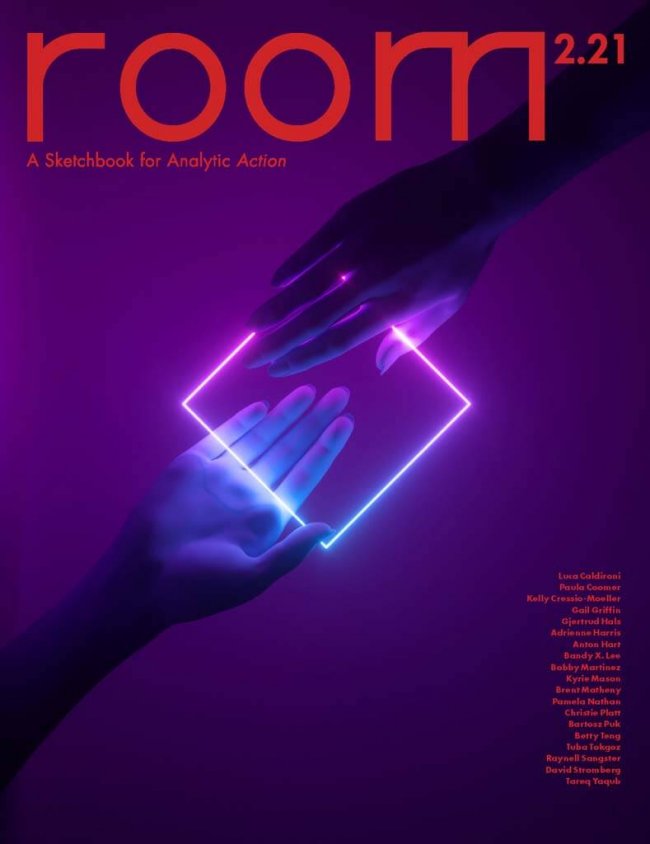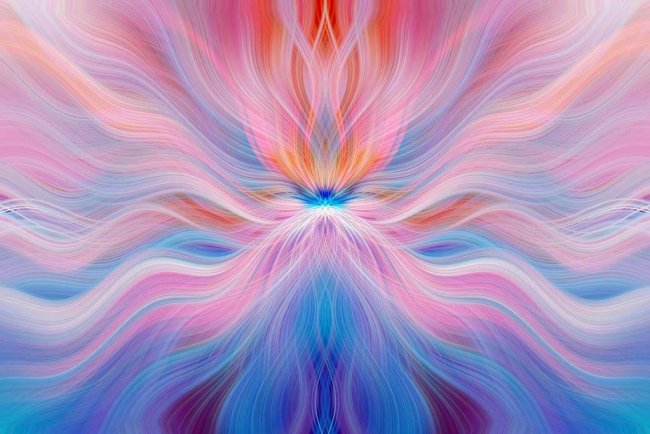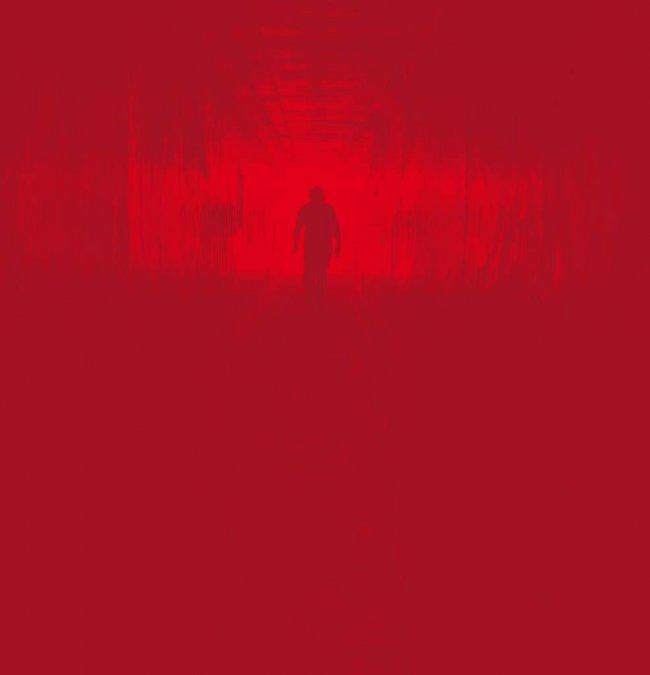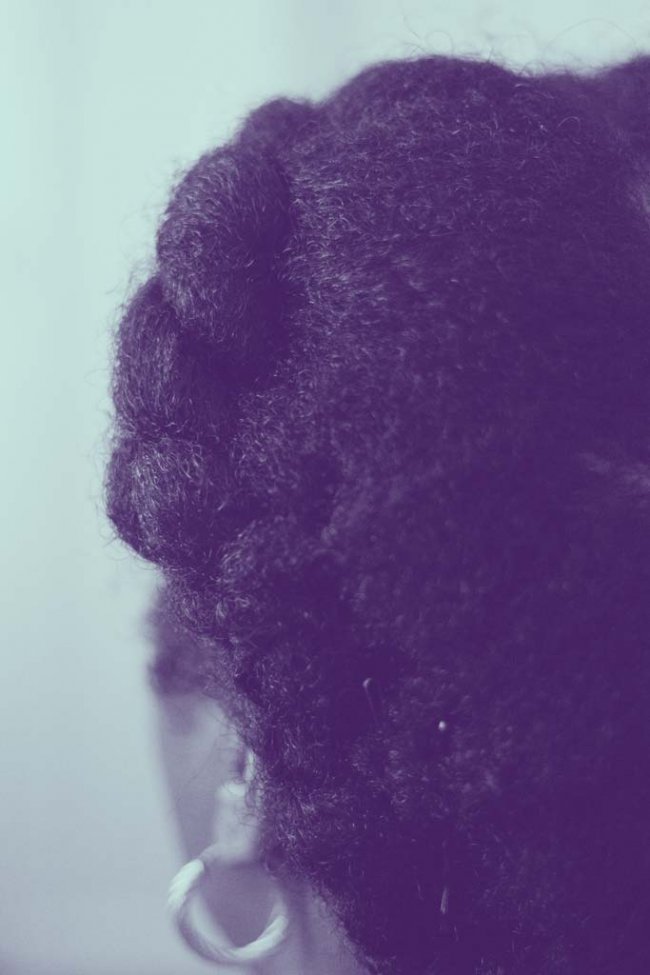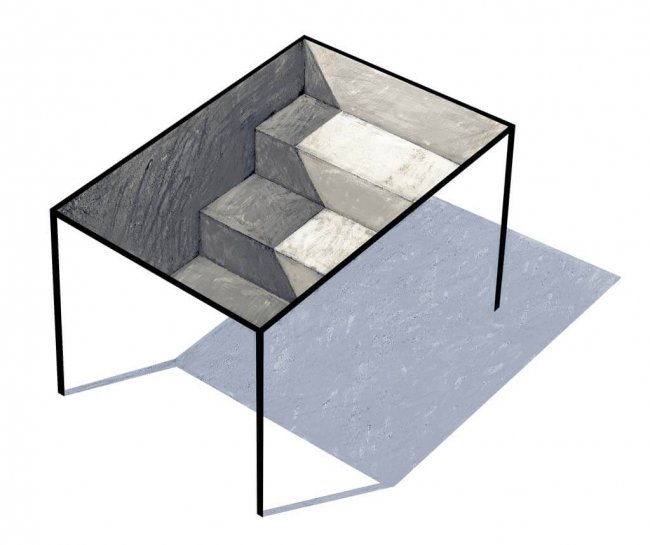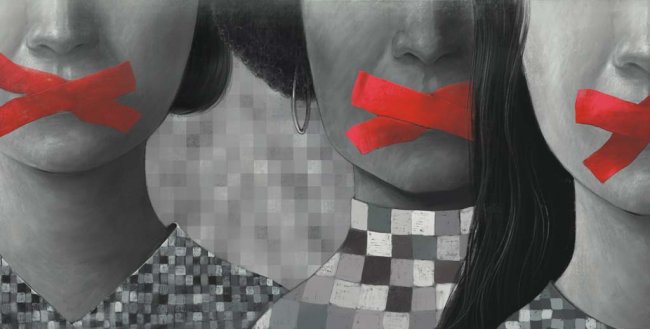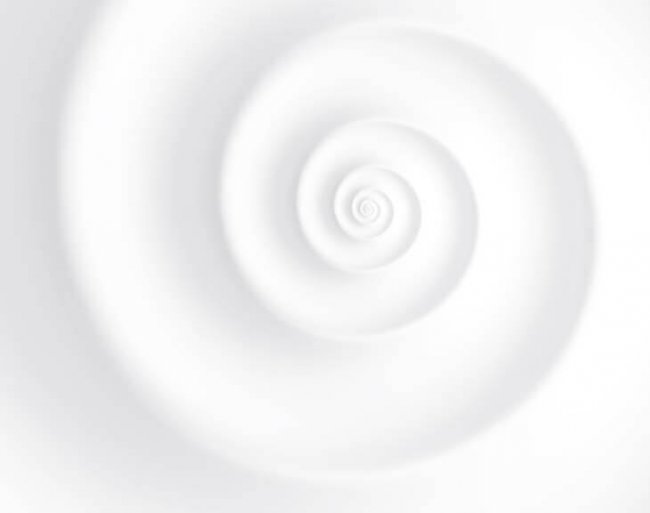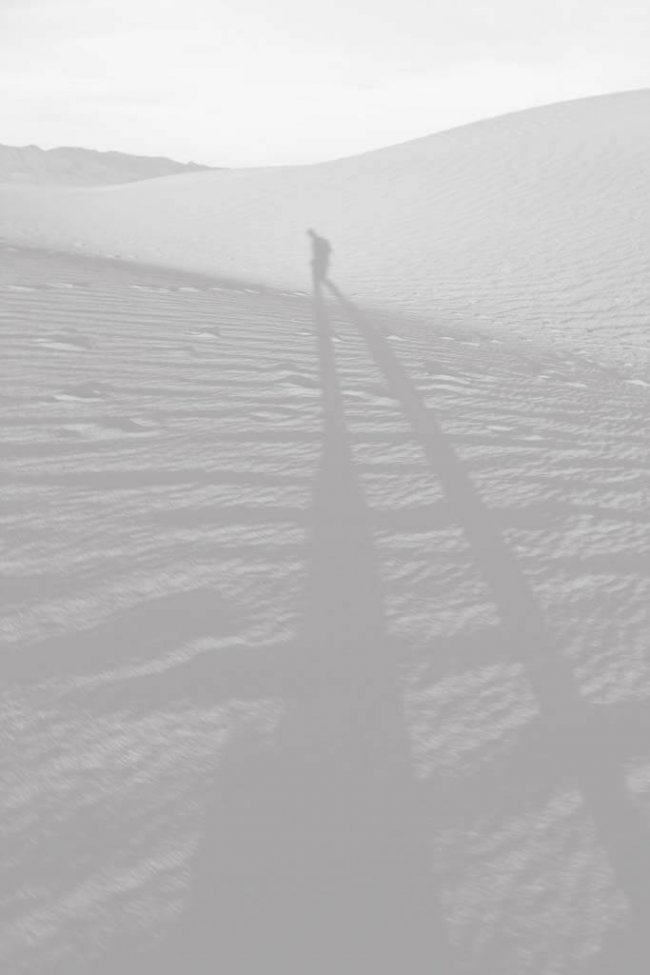A NEW THING UNDER THE SUN by Susan Kassouf
An urgent sense of the possible contributed to my pursuit of psychoanalytic training over a decade ago, back when CO2 levels were still below 400 ppm. At the time, my analyst and my own analysis were introducing me to an unanticipated world of depth, beauty, and tolerable terror from which I rarely wanted to surface. At the same time, and still today, I was struggling to take in my lived experiences of marked changes in the weather along with a larger body of scientific research, which described climatic apocalypse in my lifetime. In my professional life—which spanned many years in the nonprofit sector as well as higher education—people were teaching, learning, and talking about smart, sustainable policies to reduce our carbon footprint, to mitigate and adapt. And yet, I wondered, what was everybody feeling? How were they sleeping at night? How did others handle what environmentalist Aldo Leopold described as “a new thing under the sun,” namely one species mourning the death of another or, in this case, the human species now mourning its own present and future?


